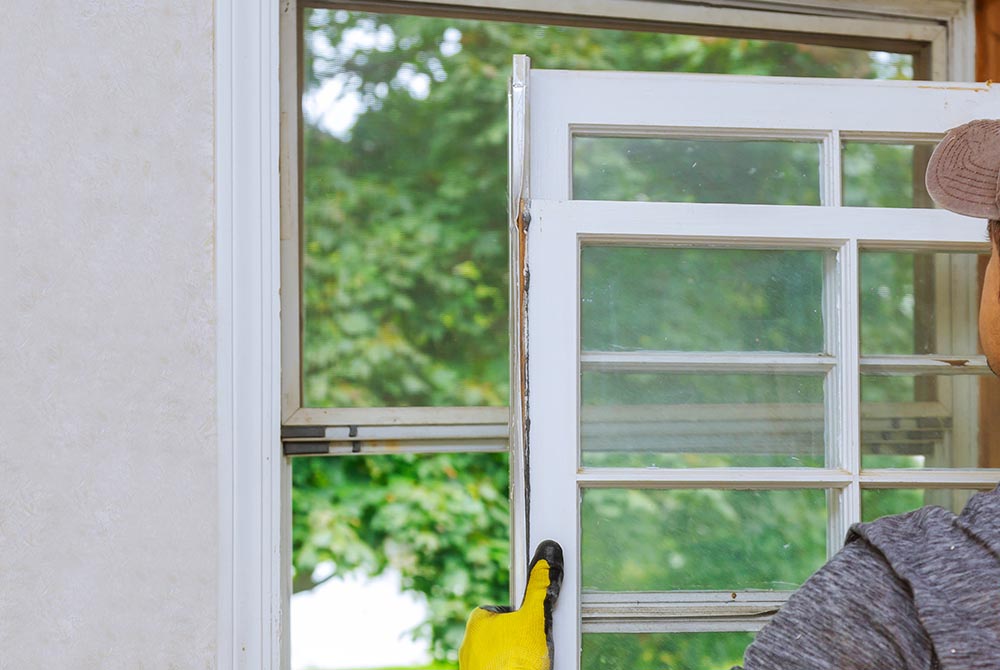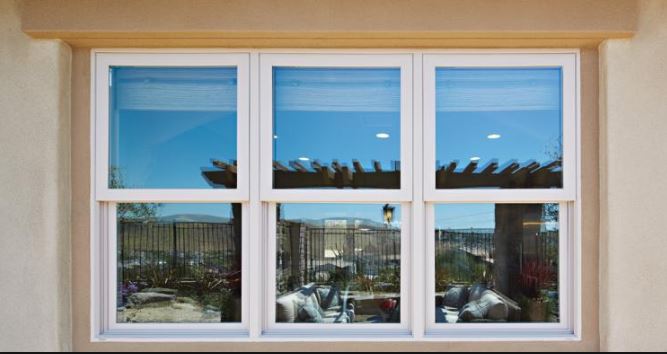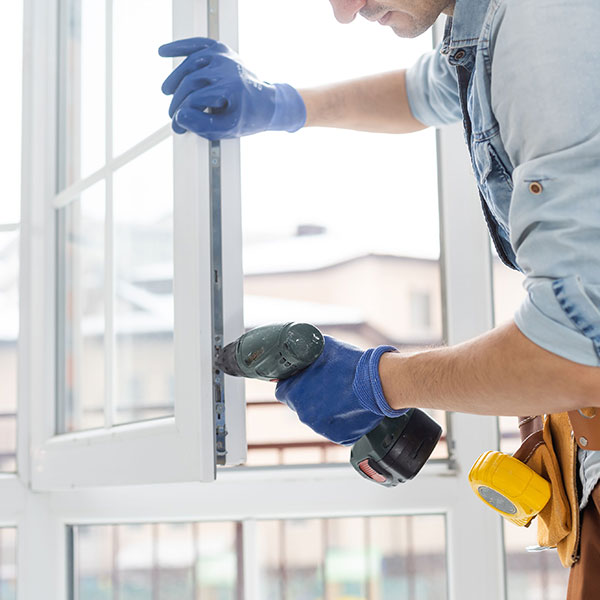Upgrade Your Home With Energy-Efficient Home Window Replacements
In the world of home enhancement, the choice to update to energy-efficient home window replacements can dramatically affect both the capability and aesthetics of a home. Past the surface degree of simple aesthetic appeals, energy-efficient windows use a plethora of benefits that go past mere curb appeal.
Benefits of Energy-Efficient Windows

The setup of energy-efficient windows provides considerable financial savings on utility expenses while boosting ecological sustainability. Additionally, energy-efficient home windows can assist manage dampness levels within the home, reducing the risk of mold and mildew growth.
Beyond the financial advantages, energy-efficient home windows contribute to environmental sustainability by lowering carbon emissions connected with energy manufacturing. Generally, spending in energy-efficient home windows not only improves the comfort and performance of a home yet also lines up with ecologically mindful practices.
Types of Energy-Efficient Glass
Different innovative types of energy-efficient glass offer one-of-a-kind homes that provide to various requirements and preferences in enhancing the sustainability and effectiveness of buildings. Triple-pane glass, being composed of 3 layers of glass with insulating gas between them, gives improved thermal insulation, making it very energy-efficient. In addition, self-cleaning glass with a special coating that breaks down and loosens up dust when exposed to sunlight can minimize maintenance requirements and maintain windows looking clean.
Elements to Consider When Selecting
When contemplating energy-efficient window substitutes, it is imperative to very carefully examine specific aspects that line up with your sustainability goals and desired energy cost savings. One critical element to consider is the home window's energy efficiency ratings, such as the U-factor and Solar Heat Gain Coefficient (SHGC) The U-factor actions exactly how well the home window insulates, with reduced numbers indicating far better insulation, while the SHGC suggests the home window's capability to obstruct warmth from sunlight. Furthermore, the window frame material plays a substantial function in power effectiveness. Products like fiberglass, vinyl, or timber with thermal breaks are outstanding options for minimizing warm transfer. An additional crucial factor to consider is the home window style and alignment concerning sunshine exposure. Selecting the right home window style and strategically putting them can maximize all-natural light while lessening warm gain or loss. Lastly, installation high quality is crucial to ensuring the windows perform as meant. Proper setup assists avoid air leakage, guaranteeing optimal power effectiveness. By meticulously examining these variables, you can choose energy-efficient windows that improve convenience, minimize power costs, and benefit the atmosphere.
Setup and Upkeep Tips

Routine maintenance is vital to preserving the effectiveness of your energy-efficient windows. Check the windows periodically for any indicators of wear, damage, or sealer damage. Clean the frameworks, tracks, and glass routinely utilizing mild soap and water to remove dust and crud that can affect performance. Inspect the weather-stripping and seals for any kind of gaps or tears and replace them if needed to preserve the windows' energy performance.
On Houston Pella windows top of that, lube relocating components such as locks and hinges to make certain smooth operation. By adhering to these installment and upkeep pointers, you can enhance the power effectiveness of your home and lengthen the lifespan of your energy-efficient windows.
Cost-Benefit Analysis of Updating

Energy-efficient home windows are designed to decrease warmth transfer, reducing the need for heating and cooling down systems to function overtime. This can bring about significant financial savings on power costs, especially in regions with extreme temperature levels. Furthermore, energy-efficient windows can boost the total worth of your home, making it a lot more appealing to potential purchasers if you determine to offer in the future.
When determining the cost-benefit analysis, aspect in the prospective cost savings on energy costs, any kind of available incentives or refunds, and the life expectancy of the home windows. While the first cost might be greater, the long-lasting cost savings and advantages of energy-efficient home windows make them a clever investment for home owners looking to boost their residential or commercial property's power performance and worth.

Verdict
In verdict, updating to energy-efficient home window substitutes offers countless benefits such as lowered energy usage, increased comfort, and expense financial savings. By selecting the ideal kind of energy-efficient glass and considering aspects like framework material and installment, homeowners can optimize the effectiveness of their home windows.
When pondering energy-efficient window replacements, it is imperative to thoroughly assess certain aspects that straighten with your sustainability objectives and desired energy financial savings. The U-factor measures exactly how well the window shields, with lower numbers suggesting much better insulation, while the SHGC suggests the home window's capability to block heat from sunlight. By thoroughly evaluating these factors, you can select energy-efficient windows that boost convenience, lower power costs, and benefit the environment.
While energy-efficient windows may have a higher ahead of time price contrasted to standard home windows, the lasting advantages commonly exceed the preliminary financial investment.In final thought, updating to energy-efficient window replacements provides various advantages such as decreased power consumption, enhanced convenience, and cost savings.